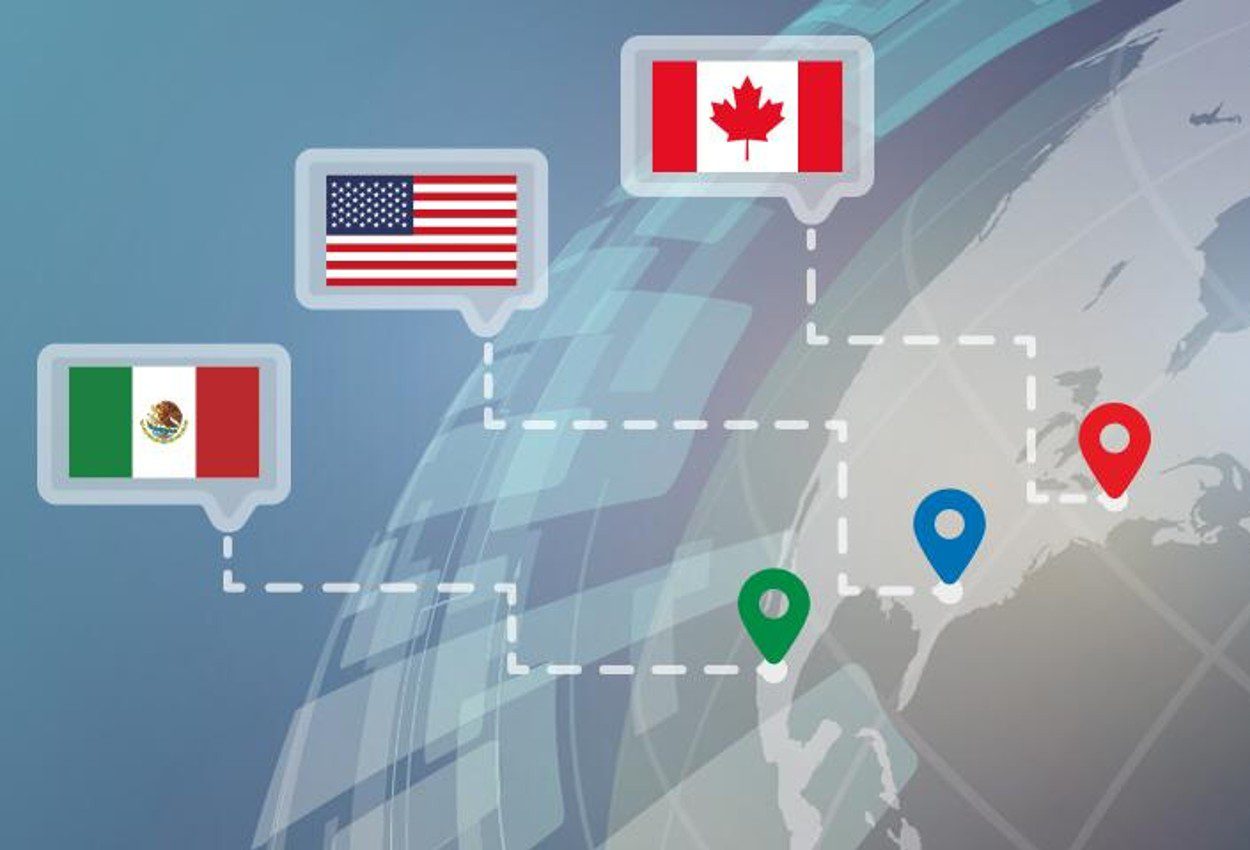The Mexican government has proposed higher taxes on sugary drinks and tobacco as part of the 2026 Economic Package. According to the Ministry of Finance and Public Credit (SHCP), revenues will be directed to the health sector; however, the proposal does not include a mechanism to earmark these funds specifically for prevention programs or for the treatment of related diseases.
Finance Minister Édgar Amador Zamora stated that revenues will be reflected in the Federal Expenditure Budget (PEF), which he said ensures transparency in allocating them to health functions. Under the proposed changes to the Special Tax on Production and Services (IEPS), the tax on sugary drinks would rise from 1.64 to 3.08 pesos per liter, while the ad valorem tax on tobacco would increase from 160% to 200%, with gradual adjustments to the specific quota until 2030.
The Tax Administration Service (SAT) estimates that these measures will generate an additional 41 billion pesos in revenue, already included in the fiscal plan. Deputy Minister of Expenditure Bertha Gómez Castro explained that the health budget will increase from 881.46 billion pesos to 965.66 billion, with 41 billion pesos coming from the updated IEPS.
Nonetheless, experts argue that in order for these resources to have a specific use, they must be earmarked through legal reforms, something not considered in the current proposal. Jorge Cano, from México Evalúa, emphasized that the goal of these “health taxes” is to reduce consumption of harmful products, which would require allocating the funds directly to medical care or educational campaigns.
Organizations such as Fundar and El Poder del Consumidor note that changes to the General Health Law would be necessary to ensure that IEPS revenues are applied directly to the prevention and treatment of diseases linked to tobacco and sugary drinks.
Meanwhile, Oscar Ocampo from the Mexican Institute for Competitiveness (IMCO) pointed out that historically, these taxes have served more as a revenue source than as a public health measure, since funds have not been directly allocated to combating non-communicable diseases.
Source: Expansión




